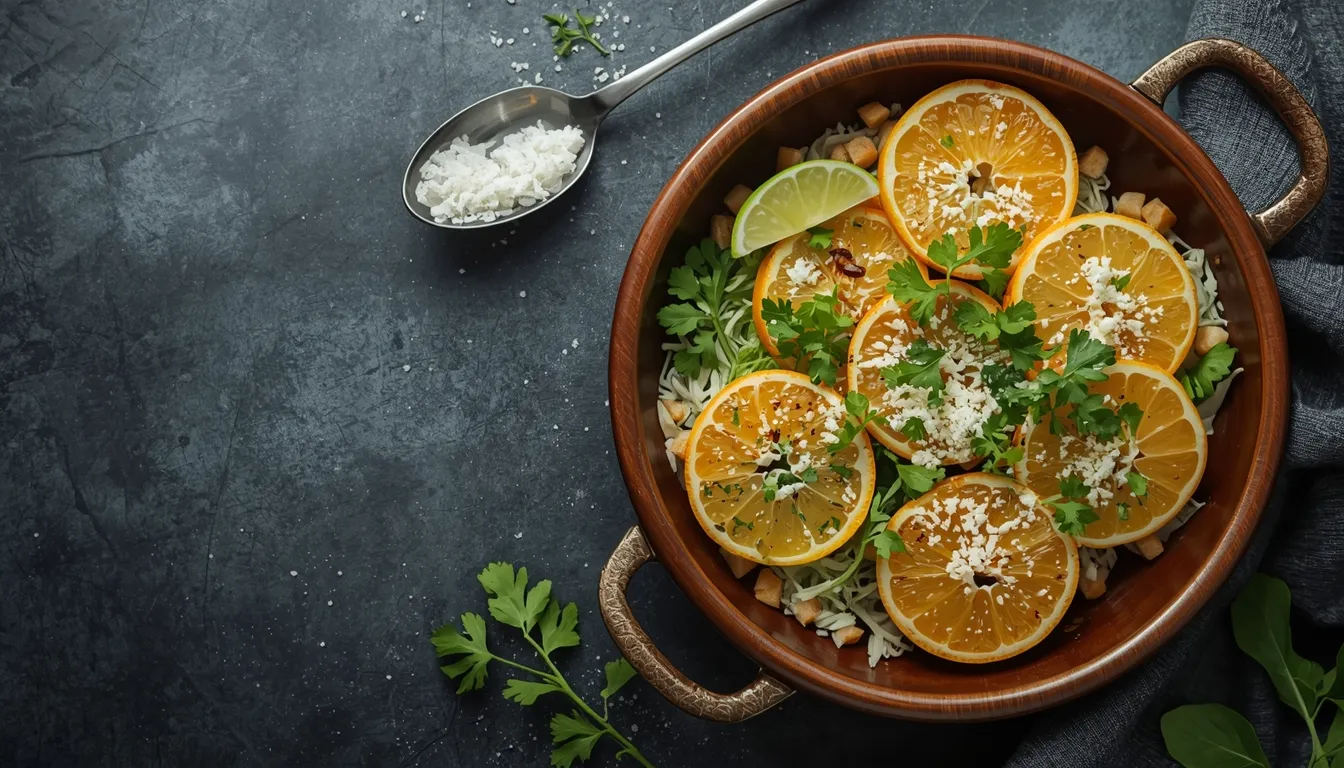
Spices to Add to Your Diet for a Longer Life:
What is Spices?
When spices were originally discovered by ancient cultures who realized there was something unique about spices even before science claimed it.
Modern science can now prove that spices actually contain health-promoting substances. Read on to find out which beneficial spices you can add to your diet for a longer life!
Turmeric:
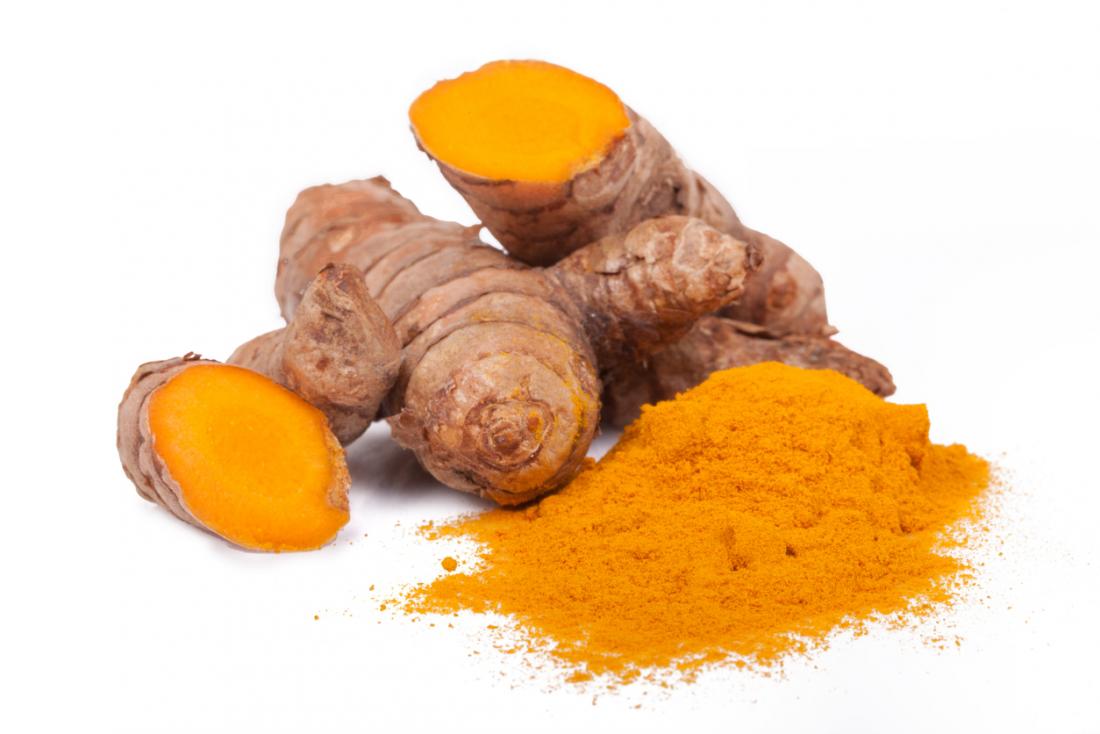
Turmeric is best known for its use in Indian curry dishes, but it has also become a hot superfood for its ability to reduce inflammation and irritation, which are common in various painful diseases and health conditions.
Turmeric contains a chemical called curcumin which is one of its main components. It seems to lower inflammation in the brain, which has been related to Alzheimer's disease and depression, according to research. A study conducted on persons over 50 found that those who took curcumin pills for 18 months improved their memory test results. They also said that they were in a better mood. What do you think is the most impressive? Their brain scans revealed fewer indicators linked to cognitive deterioration.
Curcumin's anti-inflammatory properties make it useful for lowering pain and swelling in arthritis sufferers. Curcumin has also been shown in animal experiments to have potent anti-cancer activities. According to a Johns Hopkins research, combining curcumin with a chemotherapy medication was more efficient than chemotherapy alone in reducing drug-resistant cancers.
Ginger:
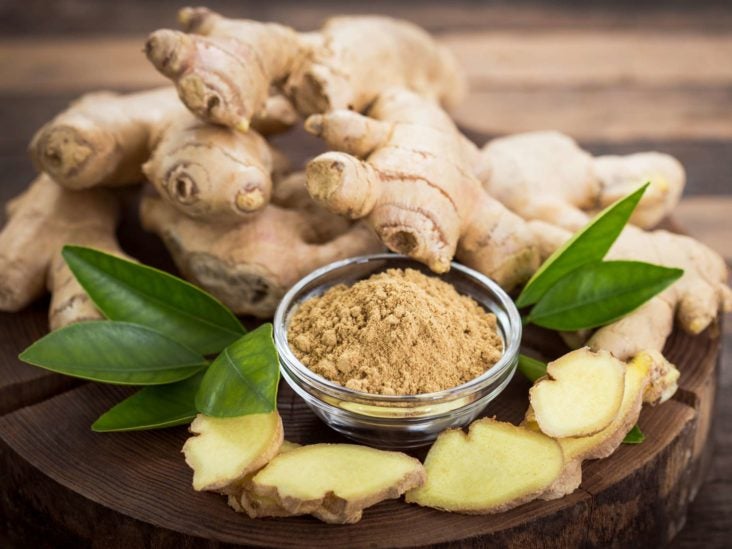
Stomach upsets can be soothed with ginger. It has been shown in studies to help relieve morning sickness as well as nausea caused by surgery or chemotherapy. Many people use ginger for motion sickness, although there is no concrete evidence to prove it.
According to an herbal medicine research study of 100 migraine sufferers, this spice provides all-natural relief. Volunteers taking 250 mg (1/8 teaspoon) of ginger powder experienced headache relief equivalent to those taking 50 mg of the prescription drug sumatriptan (Imitrex), but without the drug's side effects, such as dizziness, bloating or indigestion. Ginger also contains gingerols, anti-inflammatory molecules that some experts believe can help fight cancer, relieve arthritis pain and relax sore muscles. Compared to those who took a placebo, participants who took ginger capsules daily for 11 days experienced 25% less muscle discomfort when exercising. In another study, ginger extract injections were found to be effective in reducing knee discomfort associated with osteoarthritis.
Read Also: Top Best Green Salads for Summer
Saffron:
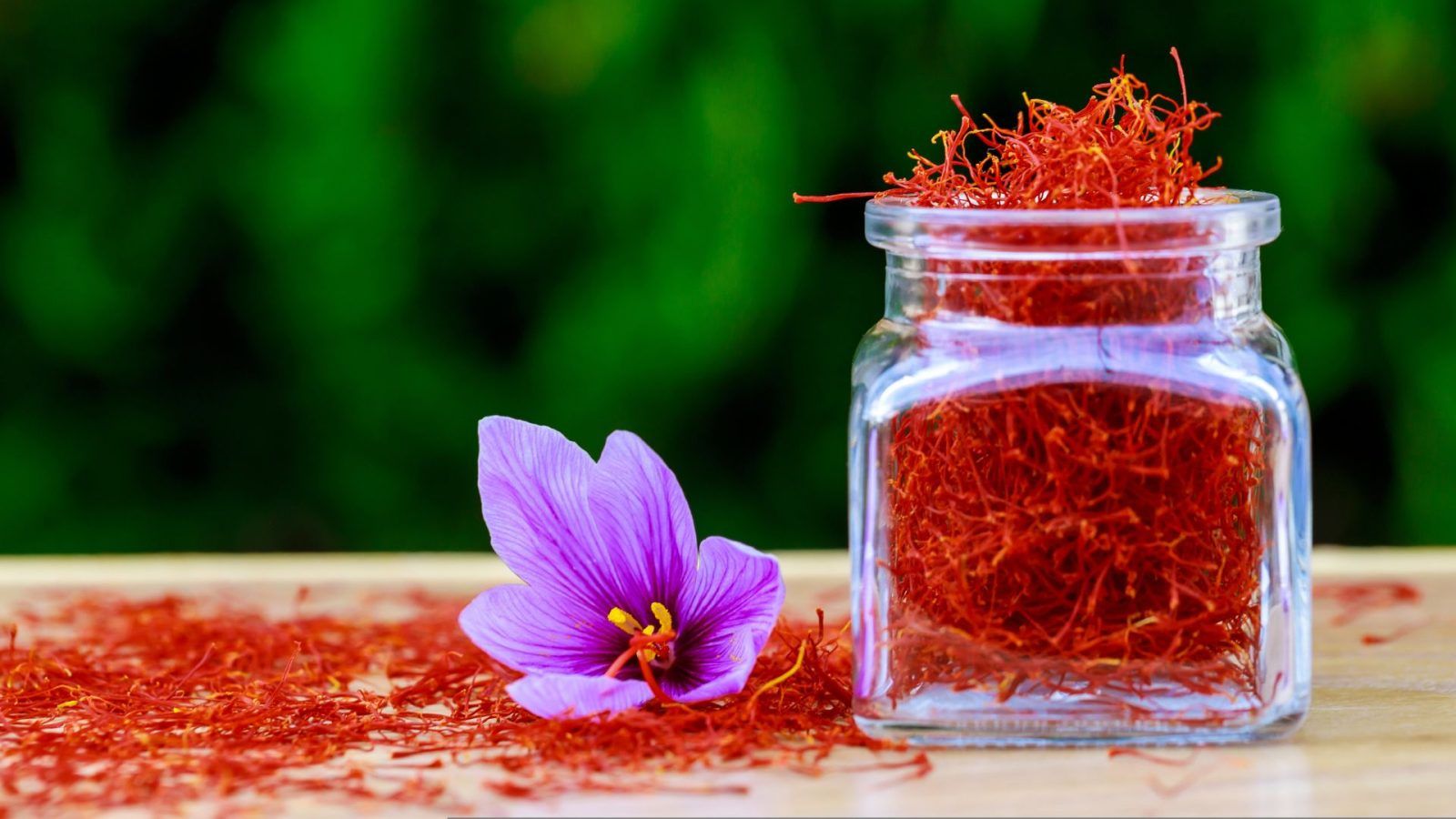
This plant has the highest concentration of flavonoids, followed by parsley, dill, oregano, celery and fennel. Herbs and spices rich in flavonoids not only look great, but can go a long way in improving your health.
Anti-diabetic properties are found in flavonoids found in nature. By controlling glucose metabolism, hepatic enzyme activity have the capacity to prevent diabetes. In vitro and animal studies have demonstrated these consequences. Diabetes is improved by specific dietary flavonoids, according to majority of research.
Black Peppercorns:

By blocking calcium channels, piperine, a component of black pepper, may lower blood pressure in normotensive rats, L-NAME (N (G)-nitro_ L-arginine methyl ester)-induced hypertension has previously been shown to be prevented by this mechanism. As an also antioxidant, Piperine protects our bodies from toxic chemicals.
Black peppercorns have anti-cancer properties as well. One of the most significant effect of piperine is that it may induce apoptosis, the process by which cell-destruct before they can grow.
Cinnamon:
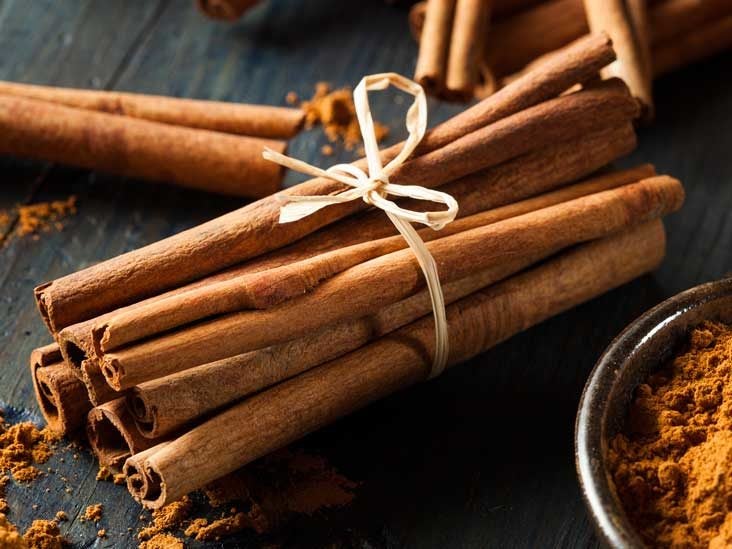
The popular spice cinnamon is widely used. Essential oils and other substances like methyl esters, cinnamaldehyde, and thymol make up the majority of the ingredients in cinnamon. In addition to its anti-oxidant, anti-carcinogenic, antidiabetic, anti-inflammatory, antibacterial, lipid-lowering, and active against cardiovascular diseases properties, cinnamon has been shown to have antidiabetic, anti-inflammatory, antimicrobial, lipid-lowering, anticancer, and cardiovascular disease reducing properties.
Additionally, cinnamon oils reduced cholesterol in poultry hens. Research is being done to demonstrate that cinnamon also has this effect on people.
Rosemary:
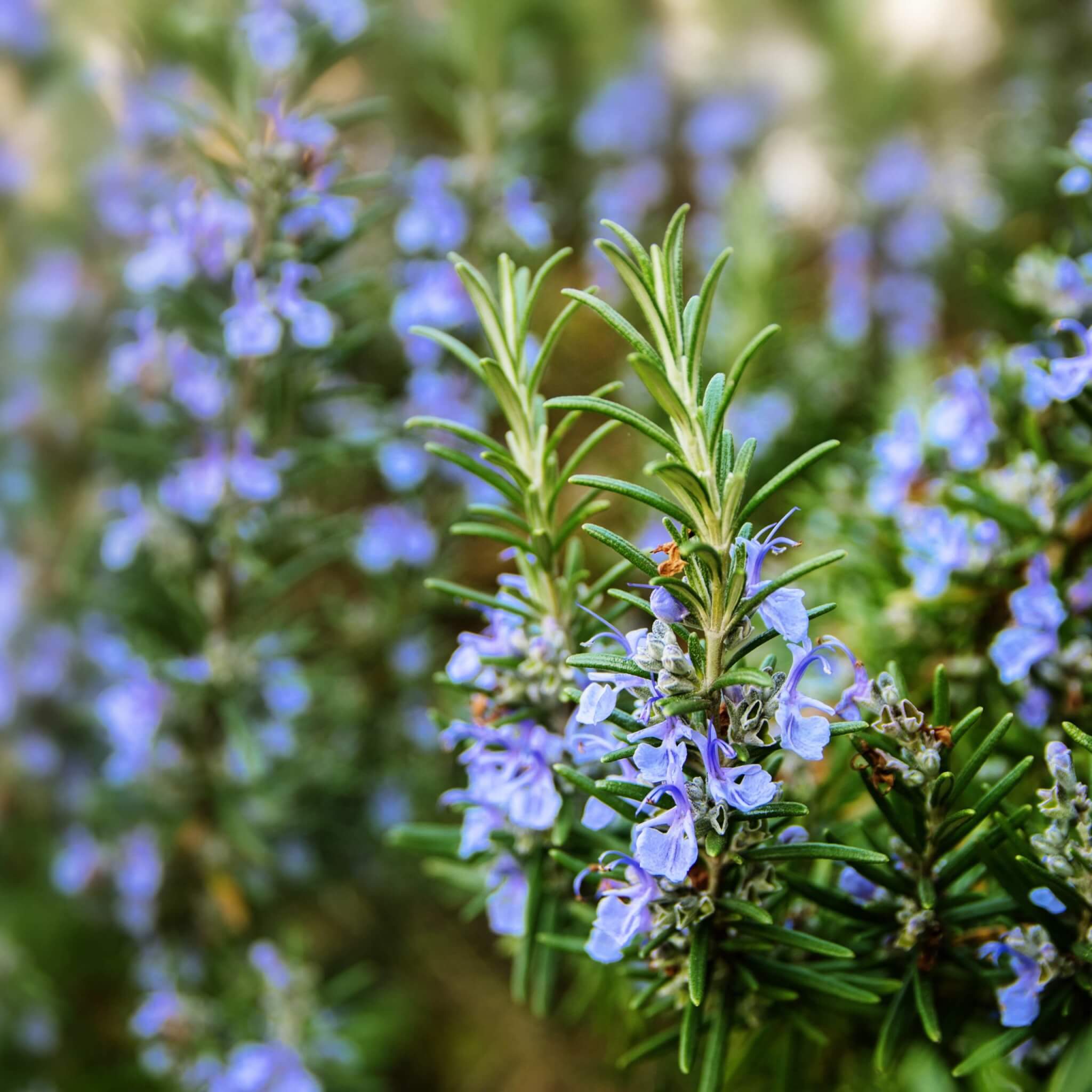
It has been demonstrated that rosemary can stop hair loss. In a 2015 study, researchers compared rosemary oil to minoxidil, a common baldness treatment. People who applied rosemary oil to their scalps for six months saw the same amount of hair growth (and less scalp itch) as people who took the medication.
This brings to a close our list of healthy spices you can incorporate into your diet to lengthen your life. If our spice cabinets were better stocked, our medicine cabinets would be less full. These spices not only enhance the flavour of food our health.
Cayenne:

Mexican, Creole, and Cajun cuisine, as well as Southwestern American cuisine, all use the chilli pepper variety cayenne. Capsaicin is a compound found in cayenne peppers. They are spicy because of it, and it also has analgesic properties.
Capsaicin lessens the amount of pain signals your brain receives. The outcome? You don't feel as uncomfortable. It relieves pain brought on by arthritis and nerve damage brought on by diabetes. Creams containing capsaicin can be applied directly to joints and muscles.
